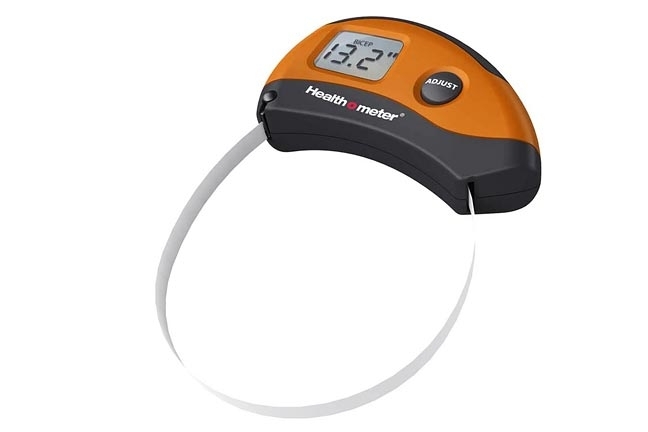Does medical aid cover weight loss procedures

Generally, medical aids will not cover a number of weight loss procedures, especially when it comes to cosmetic surgery. As a result, people take out loans to cover such expenses
Weight loss surgery, or bariatric surgery, requires specialist skills which are not widely available, making the procedures expensive. However, some medical aids may cover certain weight loss procedures and not others. It's best to contact your scheme directly for clarification.
Patients will need to budget close to R90 000 for gastric bypass procedures which would include the use of a surgeon, hospitalization, theatre expenses, anaesthetists, blood tests and more.
Medical weight loss
Medical weight loss refers to a weight management programme that is developed by a medical doctor, usually in conjunction with other specialists such as dieticians and biokineticists. Individuals will undergo tests and assessments and a weight loss plan will be devised accordingly, taking into account any possible chronic conditions and medications. Medical aids in South Africa do not typically cover such programmes.
Advantages of weight loss procedures
Medical aids may not cover obesity and procedures such as bariatric surgery, but the advantages of such procedures may just save a life and be worth the expense.
Patients who have undergone such procedures have reportedly improved dramatically and many of their co-morbidities have disappeared. For example, type 2 diabetics have found that their condition has improved to the extent that they no longer need to take medication.
Other factors that see improvements range from hypertension to obesity hyperventilation syndrome and even urinary incontinence. Joints tend to strengthen, sleep apnoea improves and even gastro-oesophageal reflux improves or clears up completely.
Patients who lose up to a half of their body weight naturally become more active and mobile and therefore experience an increase in self-esteem and a decrease in anxiety and depression.
Risks of bariatric surgery
Like with other surgical procedures, there are risks. The procedure requires the administering of anaesthetic and takes between 1 to 3,5 hours to complete. Patients undergoing such surgery are generally morbidly obese and usually suffer from various complications such as diabetes, respiratory disease and heart diseases, making such surgery highly risky.
Patients will need to consider all options very carefully before spending an exorbitant amount of money on a procedure that is not covered by medical aid and carries many risks. However, if one's life is at risk then taking out a medical loan for the surgery, may well be an option.
Original article republished with permission from medical-plan-advice.co.za
-
Fashionable Nutrition Myths: Diets that sound Sciency work best
-
Despite All the Haters, Dairy Might Actually Prevent Weight Gain
Dairy's reputation has taken a bit of a hit lately. Between almond
-
3 Tips to make cake less fattening
-
4 Reasons Why You’re Always So Damn Hungry
It has been exactly two hours and 36 minutes since your last meal
-
What to watch out for with fad diets
-
Get a summer-ready body now!
- DON'T MISS
- How Can Green Tea Help You Lose Weight?
- The Dietary Changes Behind Lebron James’ Dramatic Weight Loss
- Simple swop for weight loss
- Five rules if you gain weight from medication
- Get more informed to limit weight gain
- Delicious dessert thats low in calories
- Buy smaller-sized treats to prevent gaining weight
- An Unexpected Way to Gain Control Over Your Hunger
- How to keep the weight off
- 15 Ways to Feel Lighter By The End of Today




